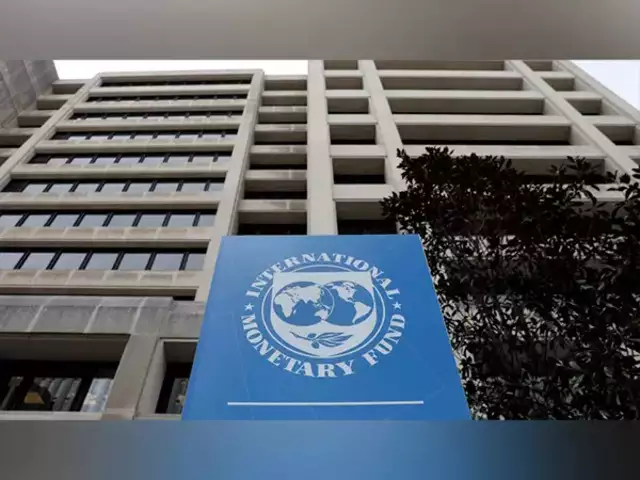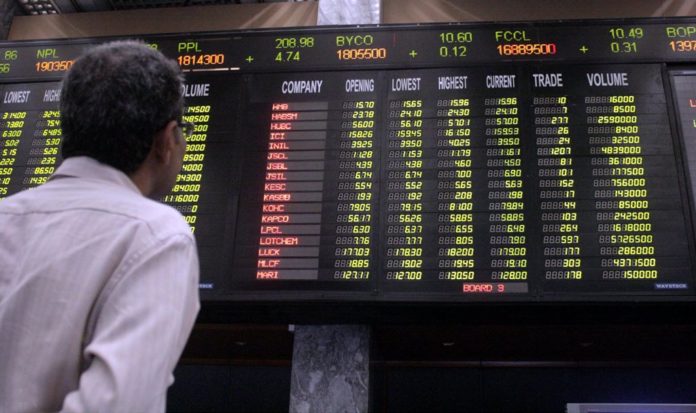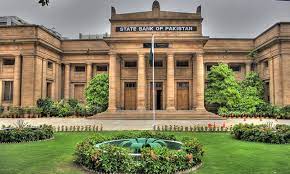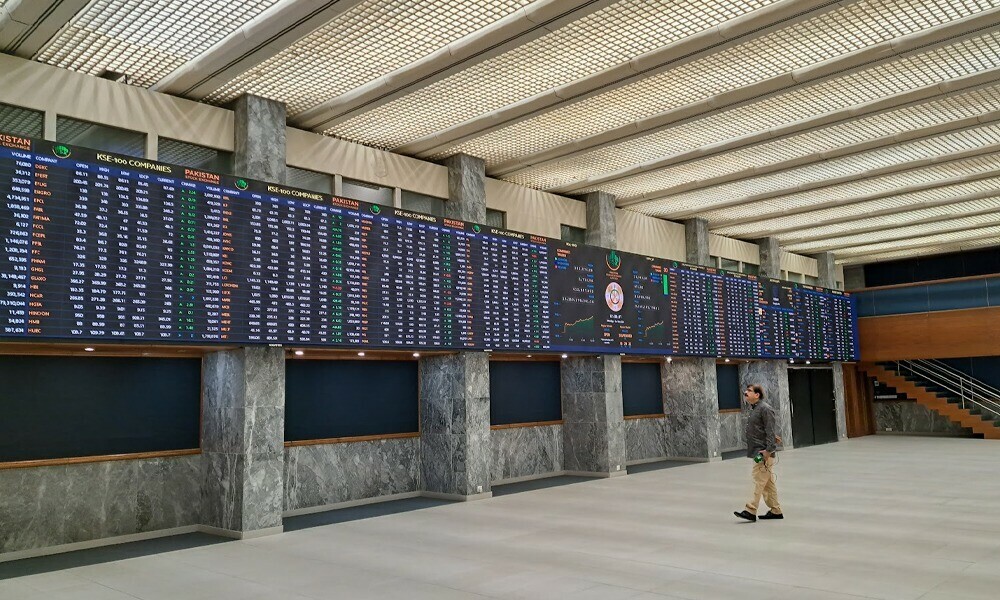PTBP Web Desk
Pakistan’s public sector, a delegation from the International Monetary Fund (IMF) visited the country this week. The primary aim of their visit was to conduct a comprehensive Governance and Corruption Diagnostic Assessment (GCDA), as stated by the Ministry of Finance in an earlier announcement.
On Wednesday, the IMF delegation met with the Auditor General of Pakistan to delve into the nuances of the audit procedures ensuring transparency in the public sector. The meeting was pivotal as it highlighted the role of the Parliament in fostering accountability. According to the briefing, the Parliament serves as the primary arena for audit and accountability, where traditionally, the opposition plays a crucial role. It was noted by the Auditor General that, “The Leader of Opposition or his nominee is typically the head of the Public Accounts Committee of the Parliament,” which underscores the opposition’s significant oversight responsibilities.
The IMF experts were eager to understand the structure and effectiveness of these mechanisms, particularly in light of Pakistan’s ongoing efforts to streamline governmental operations and reduce corruption. This engagement is part of a broader initiative to align Pakistan’s governance practices with international standards, which could potentially influence future financial assistance or policy reforms suggested by the IMF.
Following their session with the Auditor General, the IMF team also had a detailed discussion with officials from the Federal Board of Revenue (FBR). Here, the focus was on the digitalization of the taxation authority and the introduction of transparency in the taxation system through recent tax reforms. FBR officials emphasized, “Transparency is being introduced in the taxation system with tax reforms,” which includes leveraging technology to make tax collection more efficient and less prone to human error or manipulation.
The delegation’s itinerary further included a meeting with representatives from the Securities & Exchange Commission of Pakistan (SECP). Discussions here revolved around the ease of doing business in Pakistan, particularly focusing on corporate practices and the functionality of the stock market. The SECP officials provided insights into regulatory measures that have been adopted to foster a more transparent and business-friendly environment.
Another key engagement was with the Ministry of Climate Change, where the IMF mission explored the intersection of environmental policy with economic governance. Although specifics from this meeting were not disclosed, the focus was likely on how climate policies could be integrated into broader governance frameworks to ensure sustainable development.
Lastly, the delegation visited the housing and works department to discuss the digitalization of land records. This initiative is seen as a critical step towards reducing corruption and increasing efficiency in land transactions, which is fundamental to economic growth and public trust in the government’s administrative capabilities.
IMF Pakistan visit, Governance and Corruption Diagnostic Assessment, audit transparency, public sector accountability, Pakistan Parliament, tax reforms in Pakistan, digitalization of taxation, Securities & Exchange Commission Pakistan, climate change policy, land record digitalization.
This series of meetings underscores the IMF’s commitment to not only scrutinize but also support Pakistan in its journey towards better governance, transparency, and economic stability. The insights and recommendations from this visit will likely shape future policy discussions and aid in crafting strategies that are both economically sound and institutionally robust.




